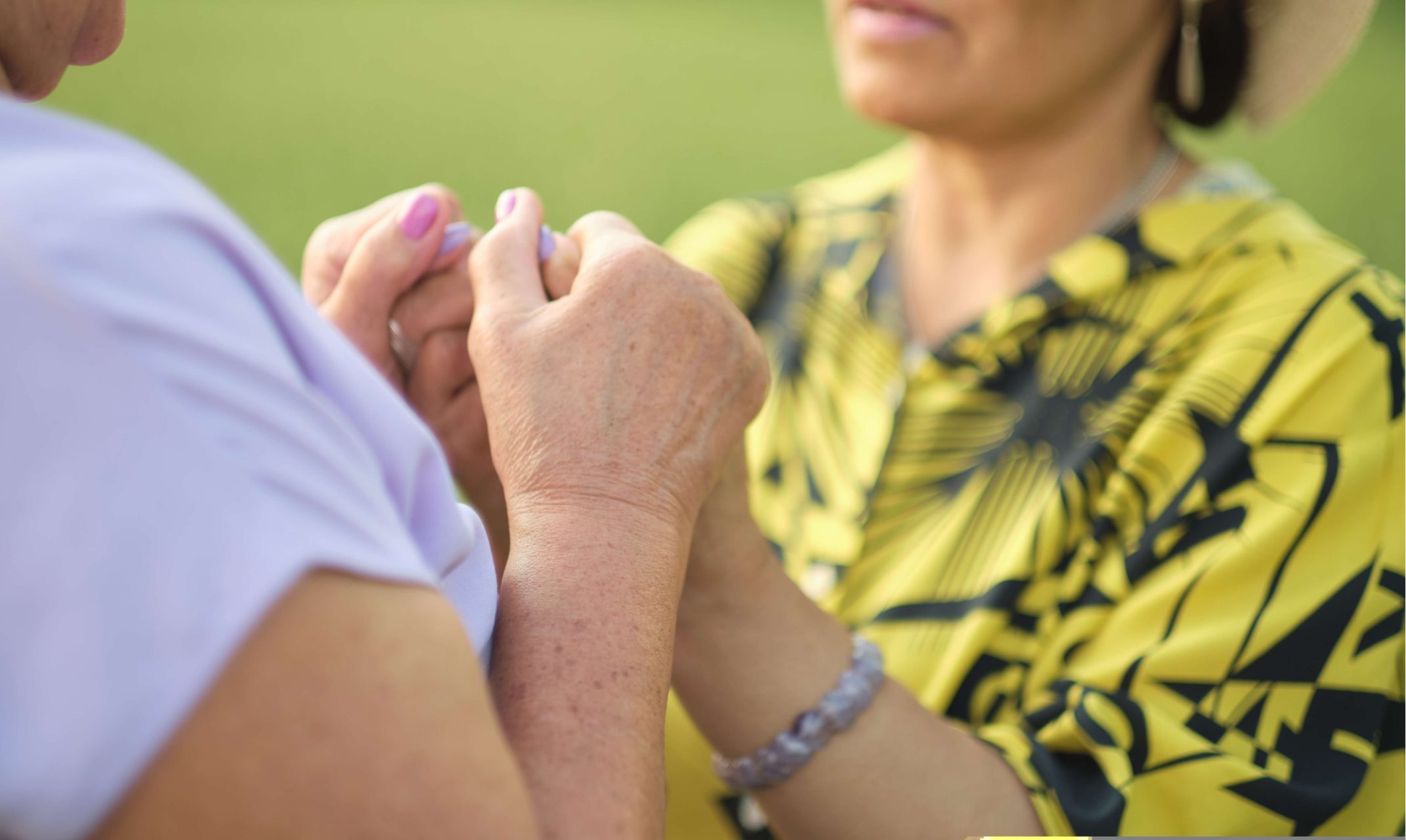We have all heard the saying, “When life gives you lemons, make lemonade.” Beyond its lightheartedness lies a powerful truth: within each of us resides an inherent strength to overcome challenges – a quality we know as “resilience.”
Considering this, what is the crucial role of resilience for those fighting and surviving cancer? And how can this vital inner strength be nurtured and sustained?
In this blog post, we will delve into:
- Why resilience matter throughout the cancer journey?
- What are some common obstacles that can hinder resilience for cancer fighters?
- What can cancer fighters do to build their resilience?
- How can caregivers effectively foster resilience in cancer fighters?
Why resilience matter throughout the cancer journey?
Cancer can be a profoundly traumatic experience. Its sudden onset and unpredictable nature, coupled with its life-threatening potential, force individuals to constantly adapt to dramatic and ongoing life changes throughout the entire treatment process. This difficult journey often brings a unique set of challenges, including:
- New side effects and symptoms that and develop and evolve with treatment
- Alterations in physical functioning and body image throughout the cancer journey
- Corresponding changes and disruptions to lifestyle and daily routines
These experiences, though incredibly challenging, also present an opportunity for personal growth. Should we navigate these obstacles, several positive psychological changes may emerge:
- Increased appreciation for life
- Reprioritisation of life priorities
- Enhanced sense of personal strength
- Improved social relationships
- Perceived new possibilities
- Developing a deeper sense of spirituality and personal meaning
- Increased feelings of personal control
Embracing these positive psychological shifts significantly enhances our resilience, empowering us to more effectively overcome future challenges in our life’s journey.
What are some common obstacles that can hinder resilience for cancer fighters?
However, cultivating resilience is not always an easy process. Certain common misconceptions can actually hinder its emergence, especially when facing a life crisis like cancer:
- Denial: While initial denial of a cancer diagnosis is a normal response, persistent avoidance of negative thoughts and emotions throughout the journey can be maladaptive. For example, believing “I should deny my cancer experience because thinking about it will worsen things” can be counterproductive.
- Excessive Self-Distraction: While healthy engagement can be beneficial, overwhelming yourself with too many activities or commitments, especially during a difficult period, can be unhelpful. This approach, like thinking “Let me fully occupy my mind with activities so that I don’t think so much,” can lead to further issues such as physical and emotional exhaustion.
- Toxic Positivity: This involves pressuring oneself to display only positive emotions and suppressing any negative experiences. An example might be the thought, “I should feel positive all the time since negative feelings are bad for me.”
These methods share a common thread: the avoidance of negative experiences. In reality, acknowledging and processing our negative experiences is a crucial component of building resilience. This is precisely why addressing our feelings and emotions through emotional support is so vital.
What can cancer fighters do to build their resilience?
The following scientifically proven methods can significantly enhance resilience throughout the cancer journey (Sihvola, Kiwanuka, & Kvist, 2023):
Understand your medical condition
- Be open to discussion with professionals about your care issues.
- Clarify all illness-related information with your doctor, including cancer stages and symptoms
- Find out about your treatment options, inquiring about potential side effects, complications, and pre- and post-surgery considerations
- Make necessary adjustments to your lifestyle, such as optimising nutrition and sleep
- Address any concerns regarding your body image and sexuality
Understanding your medical condition enables you to make informed decisions about your cancer treatment, significantly reduces uncertainty, and empowers you to take greater control over your cancer journey. This proactive approach cultivates a sense of agency, which boosts resilience.
Develop self-management skills
This involves both explanations and demonstrations of crucial abilities, including:
- Identifying and monitoring symptoms to keep your illness in check
- Practicing self-care skills, such as relaxation techniques and dedicated “me” time
- Enhancing interpersonal and communication skills
- Maintaining a balanced lifestyle, focusing on good nutrition and regular exercise
- Improving decision-making and life-prioritisation skills
- Engaging in journal writing about your personal experiences – This can be a deeply empowering process, revealing overlooked personal strengths and resources. This practice significantly boosts self-efficacy and resilience, especially when facing setbacks.
Ultimately, self-management skills empower cancer fighters to gain a greater sense of control over their lives and effectively address their emotional needs, enhancing their resilience.
Garner emotional support
Share Experiences in a Group: Engaging in group therapy or peer support groups allows you to feel less alone on your cancer journey. It helps you recognize that resources and support are available, no matter the situation.
Undergo Individual Counselling/Psychotherapy: This provides a safe space for deeper reflection on your feelings and experiences, fostering personal growth and strengthening resilience.
Confide in Family & Friends: Lean on your loved ones and stay present with them. Remember, you do not have to navigate this journey alone; seeking help is not a sign of weakness or being a burden.
How can caregivers effectively foster resilience in cancer fighters?
Stay informed about your loved one’s medical condition:
- Facilitate active participation during consultations by helping your loved one ask questions and clarify doubts about their cancer and treatment.
- Be proactive in gathering medical information your loved one might need, and communicate actively and collaboratively with medical professionals.
Support their development of self-management skills:
- Practice and apply self-management techniques together with your loved one. This includes skills learned from workshops, courses, and consultations with medical and allied health professionals, such as interpersonal and communication skills.
- Be patient and re-demonstrate skills if your loved one hasn’t fully mastered them yet.
- Check in with your loved one about their progress and how they feel about their self-management journey.
Provide emotional support:
- Be present and encourage emotional expression
- Accompany them to support groups and activities. This helps them feel less isolated in their cancer journey and reinforces that they are part of a supportive community.
- Reassure them that they can always reach out for help.
- Encourage them to speak to a counsellor or psychotherapist, and be fully supportive as they embark on this valuable journey towards building mental resilience.
In the face of critical illnesses like cancer, resilience empowers us to not only bounce back but to emerge even stronger. By enhancing one’s sense of control and expanding their available resources, resilience enables individuals to make well-informed decisions for their unique situation, ultimately leading to the best possible outcomes.
References
-
Seiler, A., & Jenewein, J. (2019). Resilience in cancer patients. Frontiers in psychiatry, 10, 208. https://pmc.ncbi.nlm.nih.gov/articles/PMC6460045/
-
Sihvola, S. P., Kiwanuka, F., & Kvist, T. A. (2023). Promoting resilience among adult cancer patients: An integrative review of patient education methods. European Journal of Oncology Nursing, 64, 102342. https://www.sciencedirect.com/science/article/pii/S1462388923000765






